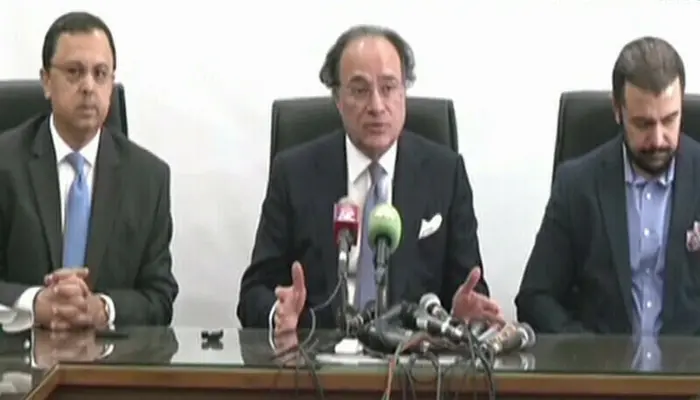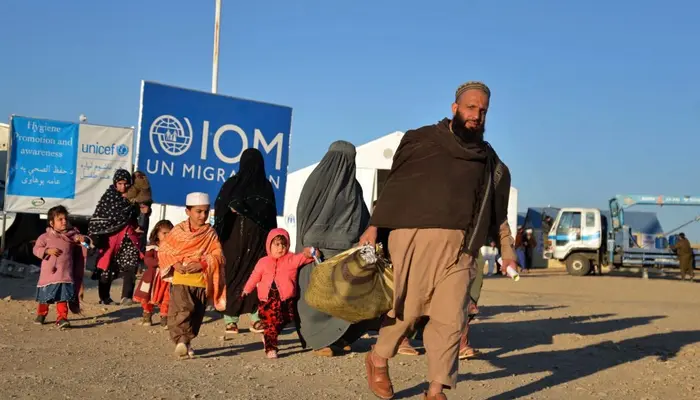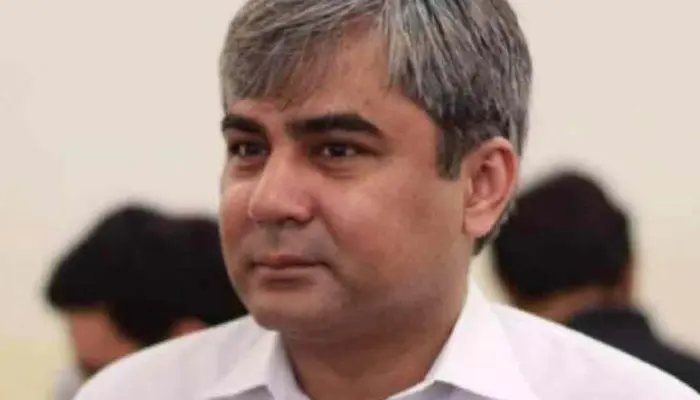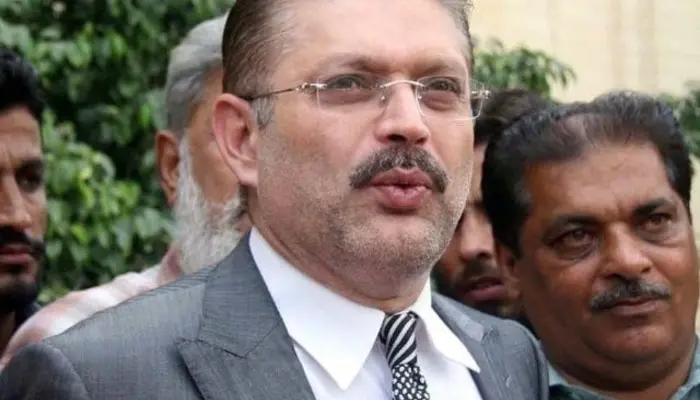
Finance Minister Muhammad Aurangzeb emphasized the critical need for consistent economic policies to drive stability and growth in Pakistan. Speaking at the Overseas Investors Chamber of Commerce and Industry (OICCI) in Karachi on Saturday, he stressed that economic continuity should transcend political transitions. This “policy continuity” approach, he said, is vital for fostering sustainable development and attracting investment.
The Role of Policy in Economic Growth
Aurangzeb argued that Pakistan’s economic growth depends on the consistency of its policy framework, regardless of which government is in power. “ He added that recent trends in investment have been promising, with the economy showing signs of recovery.
From Import-Led to Export-Led Growth
Highlighting the need to shift from an import-driven economy to an export-led model, Aurangzeb underscored the importance of export-oriented growth. He attributed the country’s recurring balance-of-payment crises and boom-bust cycles to its reliance on imports. “If we want sustainable economic growth, exports must drive every investment and action,” he asserted.
He noted that $2.2 billion in dividends and profits, previously held back, had been successfully repatriated between May and June. This marked the start of what he described as a “clean slate” for the fiscal year.
The Case for Privatization
Aurangzeb highlighted the financial burden of loss-making state-owned enterprises (SOEs), which cost the government Rs2.2 billion daily and incurred Rs6 trillion in losses over the past decade. He strongly advocated for privatization, saying, “The private sector must lead the country.”
The government has already initiated measures under the State-Owned Enterprises Policy 2023, formulated in collaboration with the International Monetary Fund (IMF). The policy requires ministries to categorize SOEs into four groups: strategic, essential, privatizable, or under liquidation.
Aurangzeb argued that privatizing non-essential SOEs would significantly improve the fiscal balance and reduce financial strain on the economy. In August, the Cabinet Committee on Privatization approved a phased privatization plan for 24 public sector entities from 2024 to 2029. However, in September, the Cabinet Committee on SOEs decided to retain three federal entities—Trading Corporation of Pakistan, Small and Medium Enterprise Development Authority (Smeda), and Pakistan National Shipping Corporation—declaring them “essential” SOEs.
Read: Lahore Seals 50 Shops for Anti-Smog Violations
Political Stability and Economic Growth
The finance minister’s remarks align with previous calls from business leaders and policymakers for long-term economic strategies. Planning Minister Ahsan Iqbal has repeatedly highlighted the link between political stability and economic progress, lamenting that a lack of consistency often undermines Pakistan’s potential despite its abundant resources.
The State Bank of Pakistan, in its May report, also noted that inconsistent policies and political uncertainty exacerbate economic challenges, even when macroeconomic indicators show signs of improvement.
Paving the Way for Economic Resilience
The finance minister’s push for policy continuity and privatization reflects the government’s broader strategy to stabilize the economy. With clear priorities like export-led growth and reducing the fiscal burden of SOEs, Pakistan aims to build a more resilient and sustainable economic future. However, achieving these goals will require political consensus and a steadfast commitment to long-term planning.
Follow us on Google News, Instagram, YouTube, Facebook,Whats App, and TikTok for latest updates









